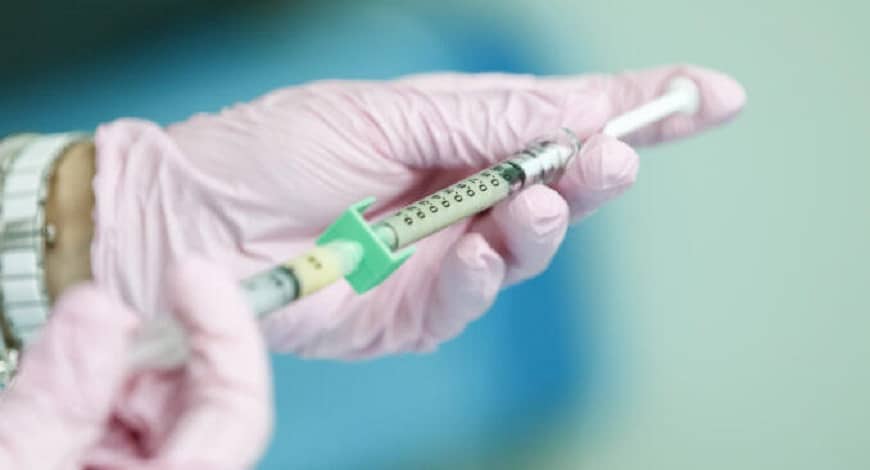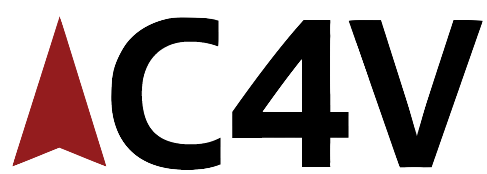But our lives matter more, right?

Boundaries matter – politically and morally. Governments generally limit their focus to attending to the needs and aspirations of their own citizens, all within the context of national borders, and in anticipation of or in response to the threats and opportunities coming from outside those borders. The sophisticated institutions of diplomacy, defense, and global trade pay particular attention to national borders, and to the delineation and enforcement of what obligations are owed to whom, on each side of those borders.
The defense of nation-state boundaries continues to be prioritized, and with the recent rise of nationalism this trend seems to be set to continue to frame governance, even though the world has become much more globalized. Arguably, with increasing levels of international virtual person-to-person interactions we are becoming more sensitive to the humanity of the people on the other side of those boundaries, even when they are physically continents and oceans removed. Through the wider accessibility of more affordable communication technologies and the Internet, we can see and hear them up close – and they us. It is no longer easy to plead our ignorance to the suffering and hardships that they endure each day, in a world where rapidly growing inequalities and disparities in access to resources and opportunities combine to play havoc with any equitable distribution of freedoms, capabilities, reciprocity, and quality of life. Most of us carry a desire – in varying degrees – to mitigate suffering and injustice, but we still draw our concentric circles of related moral obligation most tightly around self, family, friends, community, and larger identity groups. When it gets to the needs of fellow citizens far removed from us in space, time, and common identity, the circles become fuzzy. And, if the paltry levels of foreign aid and development assistance made available by us to help and partner with those in the poorest countries bears any testimony, our call to enlarge and extend those concentric circles of moral obligation to attend to the suffering and the needs of people far beyond our citizenship boundaries (geographically, ideologically, and culturally) remains faint and largely inconsequential in our decision-making. Only in times of cataclysm and acute emergency – a tsunami, hurricane, drought, or a violent conflict, are we sometimes moved to care and to act with urgency.
Oh yes, and when a devastating global pandemic strikes.
The list of cataclysms and disasters that elicit a caring and urgent response from wealthier countries is strongly influenced by how limited each disaster is in scope and impact, and (in political economy thinking) how their plight affects our own national self-interest. Human nature is such that sudden, high-impact cataclysms get far more attention than slowly unfolding ones, despite the final tally of suffering and deaths. The global COVID-19 pandemic is neither limited in time nor intensity, and it has been – and continues to be – a worldwide disaster of catastrophic impact. Wealthier countries do have far better resources and facilities to respond, but as the appalling pandemic death rate in the United States and the United Kingdom make clear, the Global North cannot ignore attending robustly to this disaster. The recent presence of three more virulent strains of the virus reminds us of the ever-increasing gravity of the COVID-19 global pandemic. Even wealthier countries can claim, with considerable credibility, to be immensely challenged in meeting their moral obligations to their own citizens, who occupy the inner rings of their concentric circles of moral concern. Yet now there is a vaccine – indeed, multiple vaccines of varying efficacy – available but in limited supply, with scarcity exacerbated by the refusal of pharmaceutical companies to share their patents. We are suddenly at a point of moral and ethical opportunity, and challenge.
Scarcity is the central moral and ethical reality that the international relief and development sector always must address. Does the global pandemic, and the decision-making by which we distribute scarce supplies of vaccine, change this?
It appears not; the concentric circles of moral responsibility and focus remain fixed, with access to the life-saving vaccines highly favoring the citizens of wealthier countries who occupy the inner circles (although even here there are clearly some who are more favored in accessing the vaccine, as influenced by race, socio-economic standing, and other factors). The focus of the new U.S. coronavirus national strategy only really considers the distributional challenges within this country. Yes, the United States is rejoining the World Health Organization (WHO) and we have even sent Dr. Fauci there to confer with them. This country is reconfirming our participation in GAVI, the global vaccine alliance. The US Agency for International Development has just committed US$ 1.16 billion over four years to that vaccine distribution effort. These actions are welcome, and form an important start by “us”, yet they are still grossly inadequate to saving the lives of “them”: people in the Global South whom we continue to assert (at least in our political rhetoric and moral theories) are of equal human dignity to us.
Already just over 50 million doses of vaccine have been administered, but nearly all of this has been in the Global North. That 50 million isn’t a very high percentage among a world population of almost 8 billion, of whom almost 40% are living lives of extreme poverty. When you add to this the complexity of large numbers of refugees, asylum seekers, and internally displaced people (more than 70 million), the ethical concerns of equitable vaccine distribution among the Global North and the Global South in the coming months and years are staggering.
The countries of comparative wealth are using their economic clout to demand that their citizens are “more equal”, i.e., that their citizens simply matter more than the citizens (and refugees) of the Global South. The free market rules, even in the glaring absence of the mythical “level playing field”. The private sector is making their usual moral arguments around exercising the freedom of the market to meet demand in terms of willingness to pay, thereby justifying their expanding profits. In response, the WHO director, Tedros Adhanom Ghebreyesus, has spoken quite forcefully about the pharmaceutical companies maximizing profits at the cost of greater standards of distributional equity – an argument that (in various forms) attends to price-gouging episodes in the wake of all massive disasters and cataclysms. Pushing back against these utilitarian free market defenders but still in the context of self-interest, there are those who argue – correctly in scientific terms – that ignoring the timely vaccination of the vast population of the Global South simply gives the COVID-19 virus many more opportunities to mutate into new variants that threaten our own self-interest. While self-interest is always a morally questionable justification for any investments by the Global North in foreign assistance for those in the Global South, it is hardly a new concept.
One important voice is largely missing in all this unfolding global trauma – that of the international relief and development community. Given that we claim to be the best informed of any from the Global North about the realities faced by those with whom we partner with and care for in the Global South, our continuing silence is morally inexcusable.
These appalling inequities in how COVID-19 vaccines are being distributed globally are not likely to go away anytime soon. A more robust moral and political engagement, with appropriate advocacy efforts, is urgently needed to hold countries morally accountable to their claims of global solidarity and allegiance to the universal human dignity commitments of the Universal Declaration of Human Rights.
Photo by ABEL F. ROS | Qapta.es, Copyright: 2018 © Qapta.es, unchanged from original


